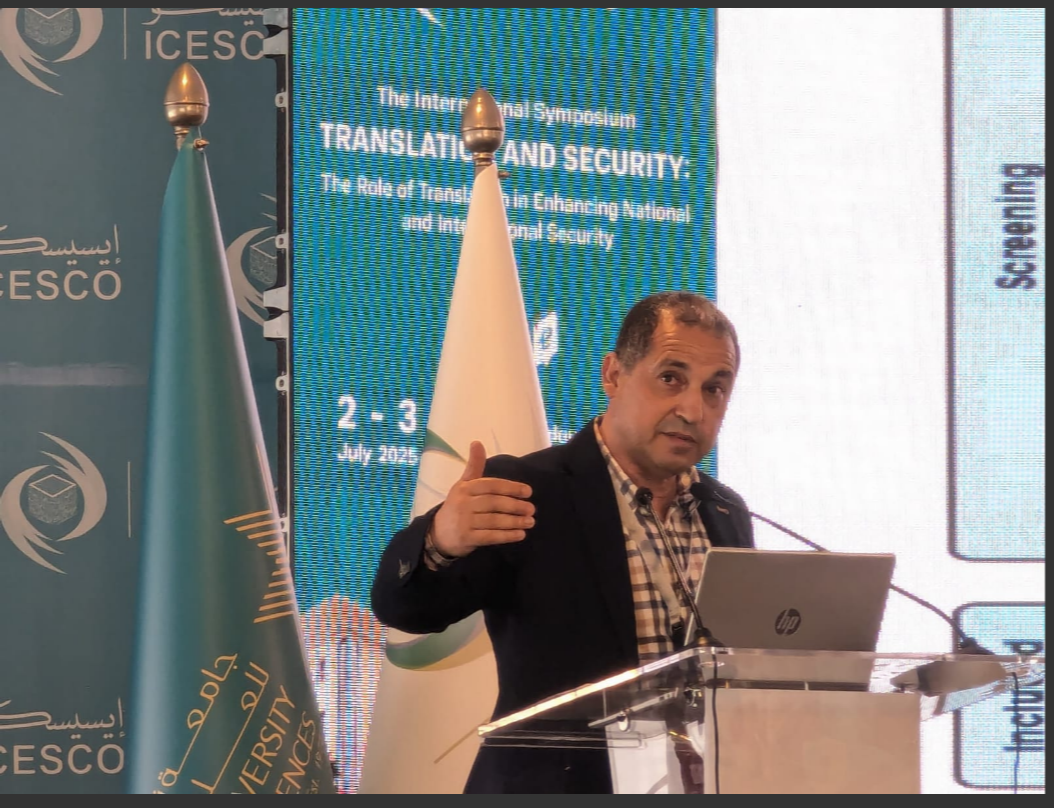Importance of the course plan and outline.
When I was teaching in higher
education between 2008-11, I was not taking seriously the idea that designing and planning an
efficient course outline as being a crucial factor to determine the success or
not of the intended learning outcomes of the course I was facilitating. Content was king, then. What was stressed was
topics/contents and teachers objectives. However, it turns out that what is really important is
to target achieving learning outcomes, designing adequate learning
activities for those specific objectives or outcomes and then create assessment
tools to assess whether learners had achieved those outcomes to a degree. The alignmnet between all these elements is very important, otherwise course learning objectives will be derailed.
Also, I doubt any of the teachers or faculty I was working with in the MA or even the diploma course in translation did have the course plan well before starting their course, including the pedagogical approach, intended learning outcomes and assesment tools they design in a conscious and responsible way... and that's crippling the quality of learning and misguiding the learner or student...worse off, in translation teaching for instance, the lack of adequately designed instruction that reflects real world experiences, requirments and practices was lacking....It is very important to know why should I be using practicums in an MA course and what is the best way to engage students using activities that are similar to the ones used either in translation offices, bureaux or between online freelance translation agencies or online translation outsourcers.
In 2011, I took a graduate/development programme at Sherbrooke University (Canada) on teaching in Higher education. The course was very practical. It allowed me to reflect on how to approach better the content, the classroom, students characteritics and learning styles, the type of pedagogical approach to undertake ( or a mix of harmonious approaches) and apply them to translator training and education...Yes, education.
The good thing was that : I took this course fully online, and this had pathed the way for me to specialise in my PhD ( a year later) on online education applied to translator training. However, after two years in my PhD I changed the topic: pedagogical and curriculum practices in f2f2 translation programs. Yet, my exposure to online interactive education and scholarship taught me interesting new and key points in educational technologies in general, more specifically, those adapted to translator education and training contexts.
Fouad
